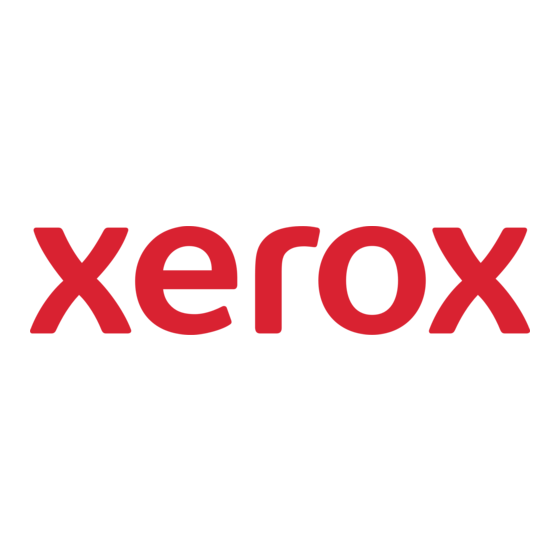Xerox 850DX - Phaser Color Solid Ink Printer Release Note - Page 14
Browse online or download pdf Release Note for Software Xerox 850DX - Phaser Color Solid Ink Printer. Xerox 850DX - Phaser Color Solid Ink Printer 33 pages. Installation guide for accxes 10.2
Also for Xerox 850DX - Phaser Color Solid Ink Printer: Specifications (2 pages), Operator's Manual (16 pages), Supplementary Manual (1 pages), Supplementary Manual (11 pages), Setup Manual (1 pages), Cleaning Instructions Manual (9 pages), Supplementary Manual (26 pages), Release Note (11 pages), Release Note (11 pages), Installation Instructions (2 pages)

